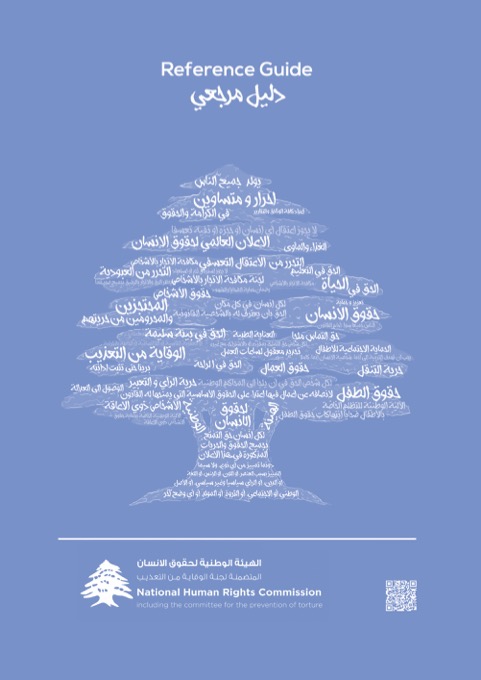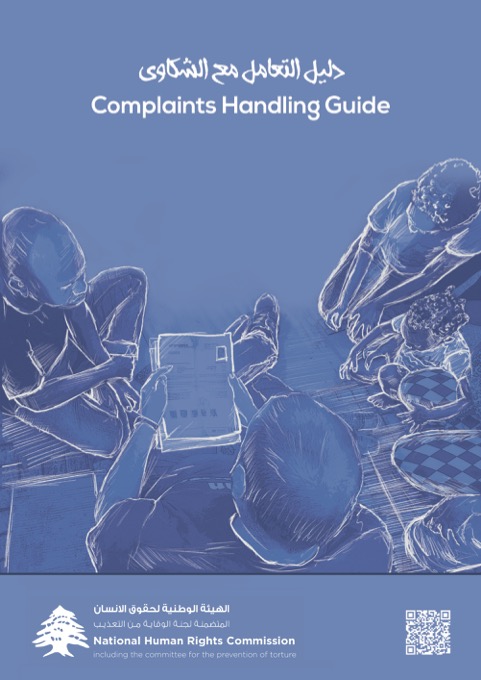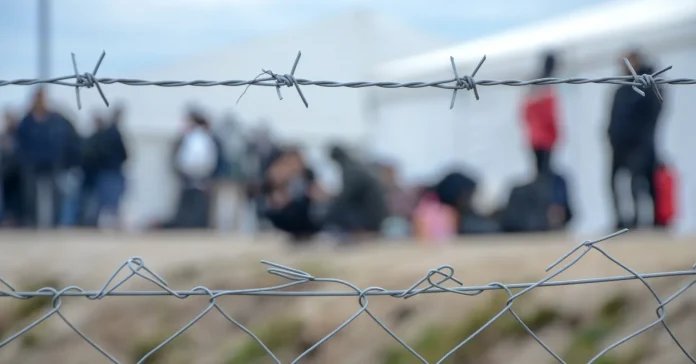The Asia Pacific Forum of National Human Rights Institutions (APF) has taken a significant step in supporting human rights defenders across West Asia by making one of its key policy resources available in Both English and Arabic .
The policy paper, “National Action on International Issues: The Roles of NHRIs in Relation to Extra-Territorial Human Rights Cases and Situations”, provides timely guidance on how National Human Rights Institutions (NHRIs) can respond to human rights violations that occur beyond their national borders—an issue of growing relevance in an increasingly interconnected world.
Originally written in English by renowned human rights expert Professor Chris Sidoti, with contributions from NHRIs across the Asia Pacific region, the publication explores how these institutions can leverage their existing legal mandates to address human rights abuses happening outside their territories. With the release of the Arabic translation, this vital knowledge is now accessible to NHRIs and human rights advocates throughout West Asia.
Breaking the Myth: NHRIs Are Not Confined by Borders
How can a national institution address human rights violations in another country? This is the central question the paper tackles, offering both conceptual clarity and practical examples. The document highlights that many NHRIs, operating strictly within their national legal frameworks, have already taken bold action on international issues—from denouncing the Israeli occupation of Palestine to investigating the impact of the military dictatorship in Myanmar, and addressing the consequences of climate change, exploitative mining operations, and the treatment of migrant workers abroad.
These examples, far from being theoretical exercises, demonstrate that NHRIs possess real potential to influence human rights outcomes beyond their borders.
Five Pathways to International Engagement
The paper identifies five core functions through which NHRIs can engage with extra-territorial human rights issues:
-
Investigating and resolving human rights violations
-
Conducting national inquiries into systemic abuses
-
Providing advice and recommendations to authorities
-
Engaging in international cooperation efforts
-
Advancing human rights education and public awareness
In doing so, NHRIs not only address pressing human rights concerns but also enhance their credibility and relevance on both national and international stages.
A Timely Resource for West Asia
The availability of this resource in Arabic comes at a crucial moment for the region. Across West Asia, there is mounting interest—and need—for NHRIs to explore how they can play a role in addressing transnational human rights violations. From conflicts and forced displacement to the exploitation of migrant workers, the challenges facing the region transcend borders, requiring responses that are both legally sound and grounded in human rights principles.
The Arabic translation of this policy paper is part of APF’s broader commitment to providing tailored resources and fostering regional cooperation among its members. By making such tools accessible in local languages, the APF helps ensure that all NHRIs, regardless of linguistic background, can contribute effectively to the global human rights movement.
To access the publication in Arabic or English, click here.
هذه المقالة متاحة أيضًا بـ: العربية (Arabic) Français (French)



